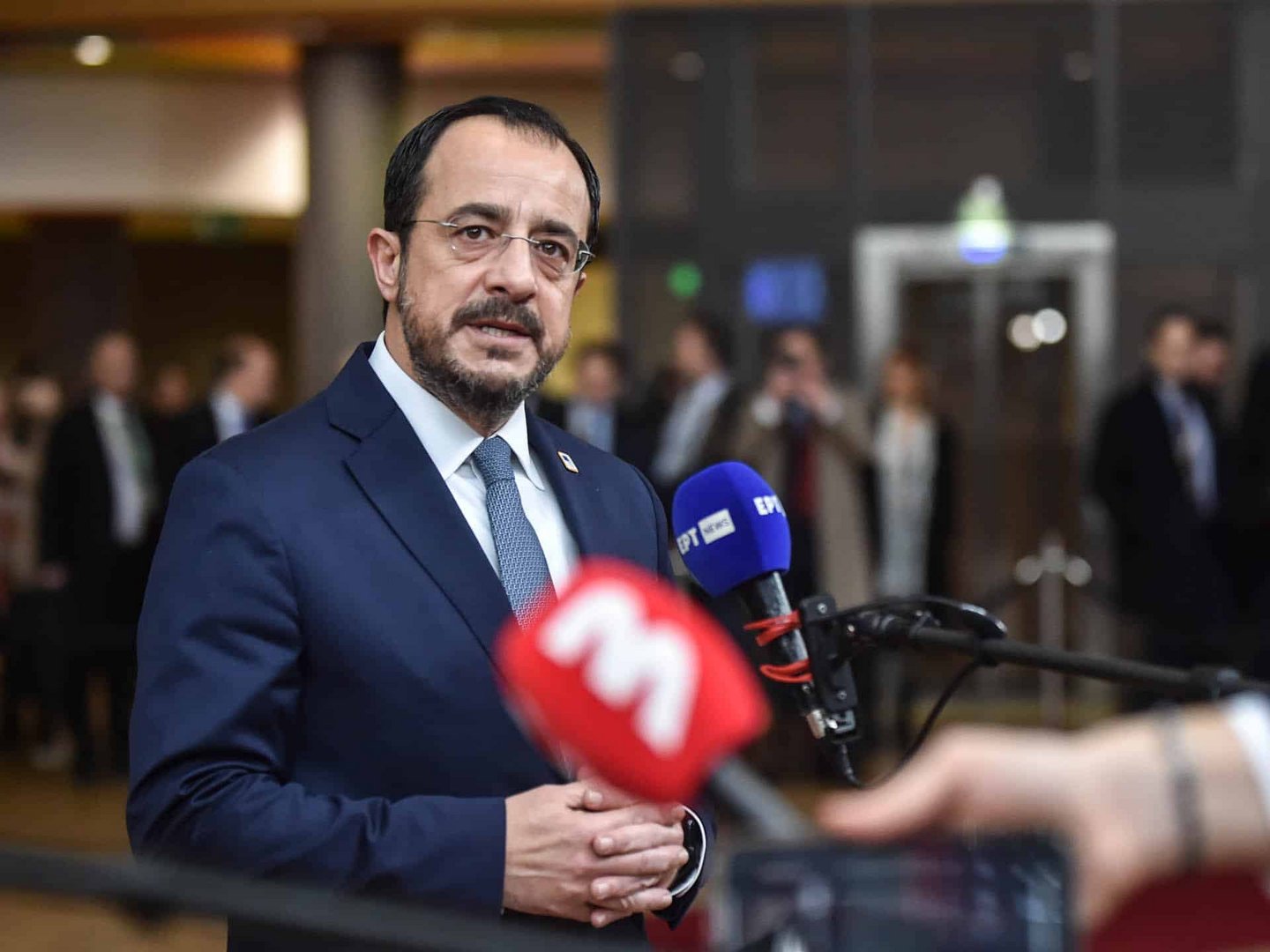President Nikos Christodoulides caused a big stir by announcing on Saturday evening that he had been “sounded out” by the UN about attending a three-party meeting in New York with the UN Secretary-General, on August 13, with the aim of resumption of talks. “My response, of course, was positive and I hope there is the same response by the Turkish side and that the holding of the meeting would lead to positive results that is no other than the resumption of the talks,” he told his audience.
The next day Turkish Cypriot newspaper Kibris reported comments by Turkish Cypriot leader Ersin Tatar, who denied “the claims” by Christodoulides about a three-party meeting. So long as there was no common ground – satisfaction of his conditions for equal sovereignty and international status – there was no point to a three-party or any other type of meeting Tatar said, accusing the Greek Cypriots of trying to create impressions that would put Turkish Cypriots under pressure.
What possessed Christodoulides to make this revelation? What was he hoping to achieve by announcing that he had been sounded out by the UN? Was it a communications gambit to divert attention away from the Vasiliko terminal fiasco or does he simply take pleasure from sharing confidential information, he regards as positive, with the public?
It is extremely difficult to understand the decision to divulge this information, considering Christodoulides is not a diplomatic novice. He is a career diplomat who also served as foreign minister for four years and should know very well that diplomatic initiatives that are in progress could be scuppered by publicity. This is why they are usually conducted confidentially until an understanding is reached and there is something tangible to report.
In the case of a three-party meeting with the UN secretary-general – by his own admission – he had been sounded out but had no information on the response of the Turkish Cypriot side. Why could he not wait for the UN to complete their consultations with Tatar before going public? When there is a diplomatic process in progress that requires delicate handling, it is invariably kept out of the public domain to have prospects of success, a practice which someone with Christodoulides’ long diplomatic experience must be fully aware of.
So why had he gone public, without giving the UN the time to complete its consultations, which most probably involved talks with Ankara as well? Some could attribute it to amateurishness, but more cynical observers would argue that the president wanted to undermine the initiative, by forcing Tatar to take a public stand against the efforts to set up a meeting before there was a chance of these succeeding.
It was ironic, that in the speech in which he made his revelation, President Christodoulides said he was working tirelessly to break the deadlock so that talks for a solution of the Cyprus problem would resume. By spilling the beans about the UN’s efforts to set up a meeting in New York, before these had come to fruition, he could have ensured the failure of his own efforts to break the deadlock.







Click here to change your cookie preferences